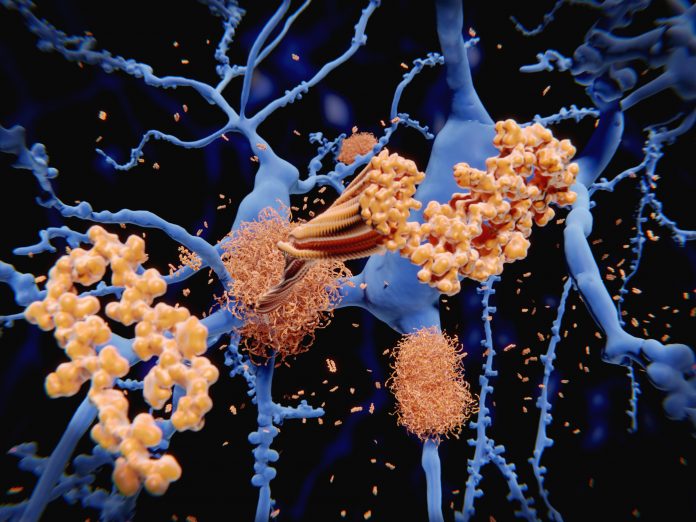Story continues below Advertisement
A lethal outbreak of Streptococcal toxic shock syndrome (STSS), a rare “flesh-eating bacteria” disease, is spreading across Japan, sparking concern among health officials. With the lifting of Covid-era restrictions, STSS cases have skyrocketed, with 977 cases reported by June 2 this year, surpassing last year’s total of 941 cases, according to the National Institute of Infectious Diseases (NIID).
STSS, caused by certain strains of Group A Streptococcus (GAS), can result in severe symptoms including limb pain, swelling, fever, low blood pressure, necrosis, breathing difficulties, organ failure, and death. The rapid progression of the disease can lead to fatalities within 48 hours, making it particularly dangerous.
Story continues below Advertisement
While Group A Streptococcus commonly causes minor illnesses like “strep throat” in children, some strains lead to severe and life-threatening conditions. The recent surge in cases is particularly concerning for individuals over the age of 50, who are at a higher risk of severe outcomes. Kikuchi warned that Japan might face up to 2,500 cases this year, with a “terrifying” mortality rate of 30%.
The resurgence of STSS is not limited to Japan. In late 2022, multiple European nations reported an increase in invasive group A streptococcus (iGAS) cases to the World Health Organization (WHO), following the easing of Covid restrictions.
Health officials stress on hand hygiene and proper care for open wounds. GAS can also be carried in the intestines and spread through faecal contamination of the hands.
Story continues below Advertisement
The NIID’s data reveals a sharp increase in STSS cases compared to historical averages. While the country recorded an average of just 100-200 cases per year since the disease was first identified in Japan in 1992, the numbers have soared dramatically. A record high of 894 cases was noted in 2019, and this year’s figures indicate an alarming trend, with 378 cases reported in just the first two months of 2024.









